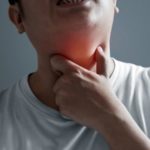It’s quite common to start salivating at the sight of sour foods like lemons, mangoes, or starfruit, even without tasting them. This is a normal reflex, but excessive drooling can indicate a serious health issue. Let’s explore this phenomenon with Bach Hoa Xanh and learn when to be concerned.
1 Why Do We Drool at the Sight of Sour Foods?
There are two primary reasons for this physiological response:
Brain’s Memory of Taste
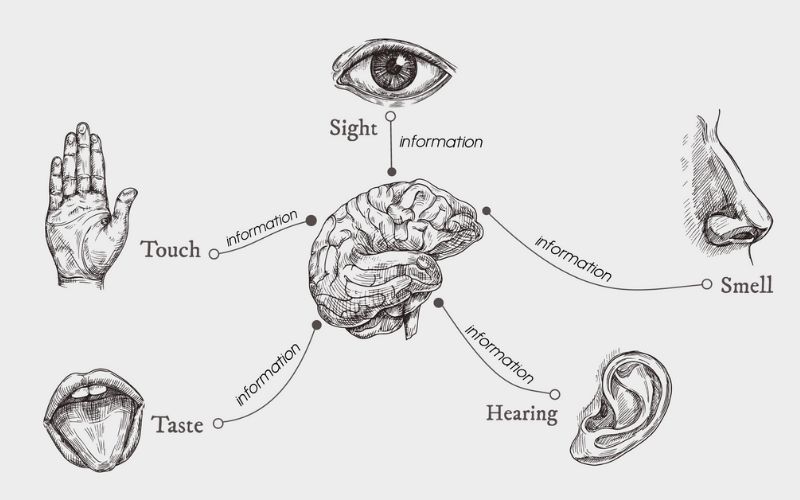 The human brain can recall taste experiences
The human brain can recall taste experiences
Research from the University of Haifa, Israel, reveals that our brains can recall past taste experiences. So, even if you’re not tasting a sour fruit, the mere sight of it can trigger a rush of memories, evoking that sour sensation.
Body’s Defense Mechanism Against Acids
Most sour foods are acidic, and our bodies recognize acids as potentially harmful. As a protective measure, our bodies produce extra saliva to wash away these potential irritants, regardless of whether they are harmful or not.
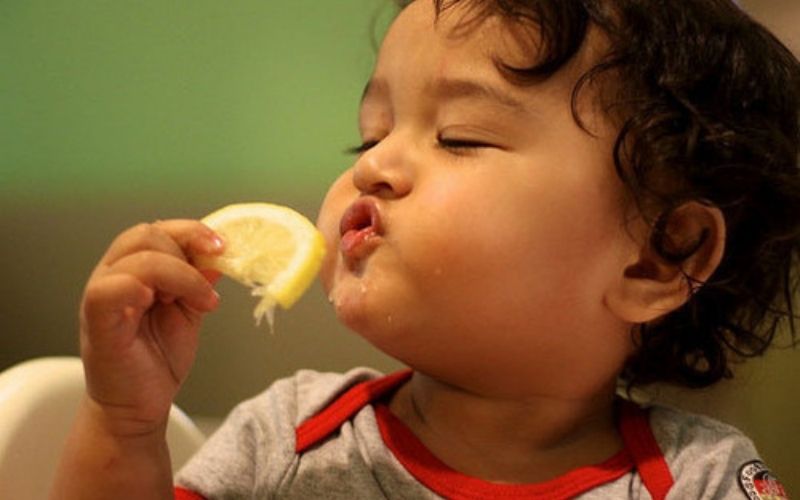 Saliva production helps neutralize acids in the mouth
Saliva production helps neutralize acids in the mouth
2 Is Drooling a Lot a Good Thing?
While some drooling is normal and helps with speech, swallowing, and moistening the mouth, excessive drooling may indicate underlying health issues. Paula Barry, a physician at Penn Family & Internal Medicine in the US, highlights three potential concerns:
Sleep Apnea
Sleep apnea is a sleep disorder characterized by pauses in breathing, leading to oxygen deprivation and potential high blood pressure and stroke. One of the early signs of sleep apnea is excessive drooling or loud snoring.
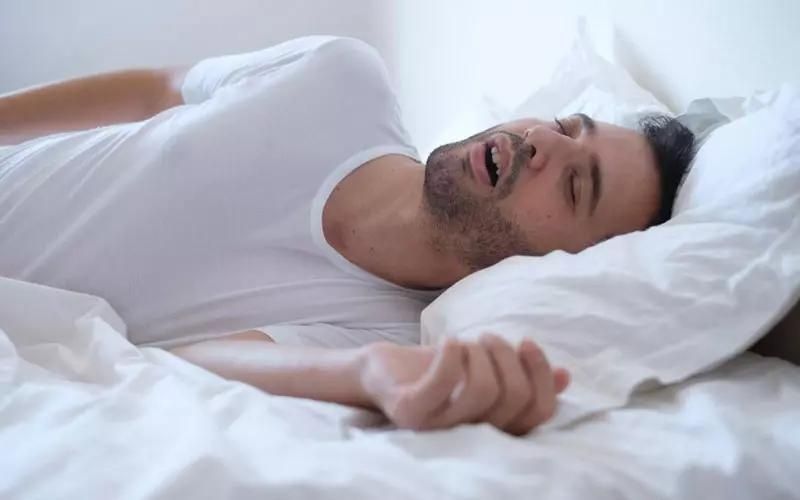 Sleep apnea can cause excessive drooling
Sleep apnea can cause excessive drooling
According to experts, up to 5 pauses in breathing per hour is normal, 5-15 pauses is mild, and more than 15 is severe. Try sleeping on your back to see if it helps, and if not, consult a doctor.
Stroke or Neurological Disorders
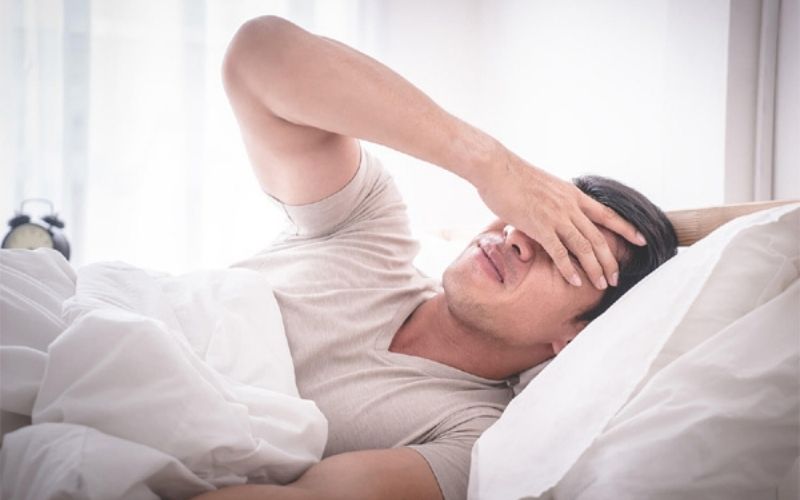 Excessive drooling, especially at night, can be a stroke warning sign
Excessive drooling, especially at night, can be a stroke warning sign
According to Vinmec International General Hospital, excessive drooling, especially at night, can be an early warning sign of a stroke. If you experience excessive drooling during sleep and wake up with a slight headache and a lopsided smile, be vigilant.
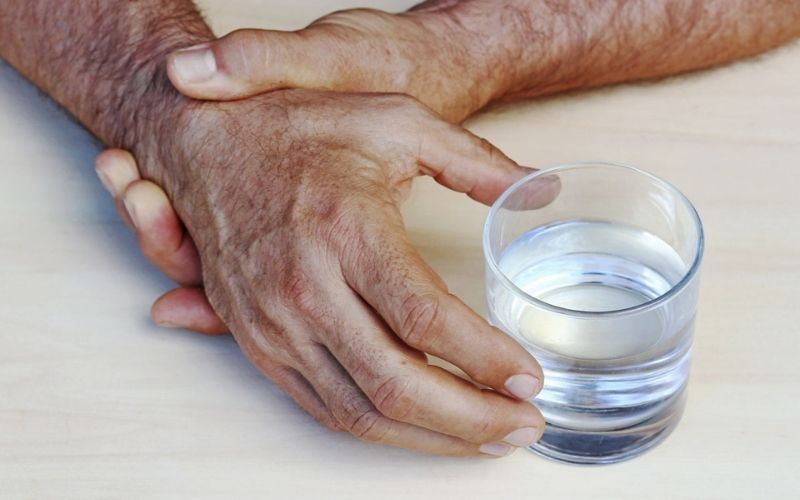 Neurological disorders can cause excessive drooling during the day
Neurological disorders can cause excessive drooling during the day
Additionally, certain neurological disorders, such as amyotrophic lateral sclerosis (ALS) or Parkinson’s disease, can lead to excessive drooling during the day. These disorders are caused by the degeneration and death of brain cells that produce neurotransmitters, and risk factors include age, genetics, and environmental factors.
If you experience unusual symptoms like excessive drooling, it’s crucial to seek timely medical diagnosis and treatment.
Arteriosclerosis
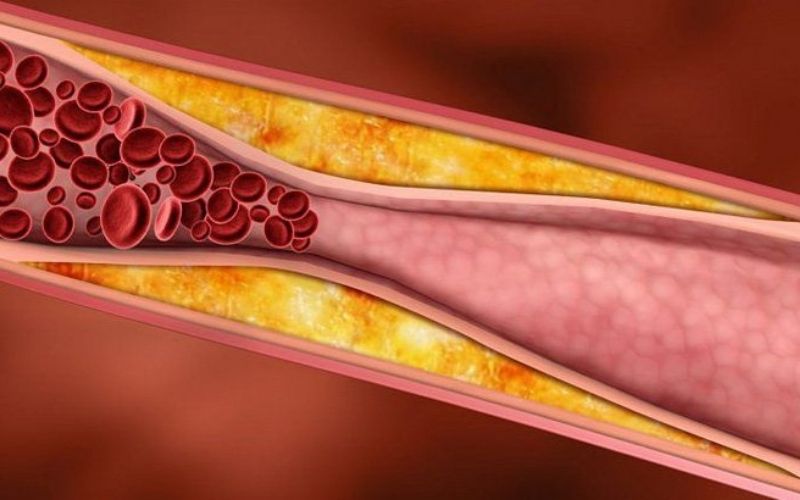 Arteriosclerosis can lead to excessive drooling
Arteriosclerosis can lead to excessive drooling
Arteriosclerosis, or hardening of the arteries, can progress to atherosclerosis, increasing the risk of heart disease, stroke, and even death. Early signs may include excessive drooling, chest pain, vision loss in one eye, difficulty speaking, and high blood pressure. If you experience any of these symptoms, don’t hesitate to seek medical attention.
3 How to Stop Excessive Drooling
As mentioned, drooling is usually harmless, but if it’s becoming a concern, try these tips:
Clear your sinuses to prevent nasal congestion and allow saliva to flow down your throat without overflowing. Take warm showers and use appropriate essential oils to keep your respiratory system healthy.
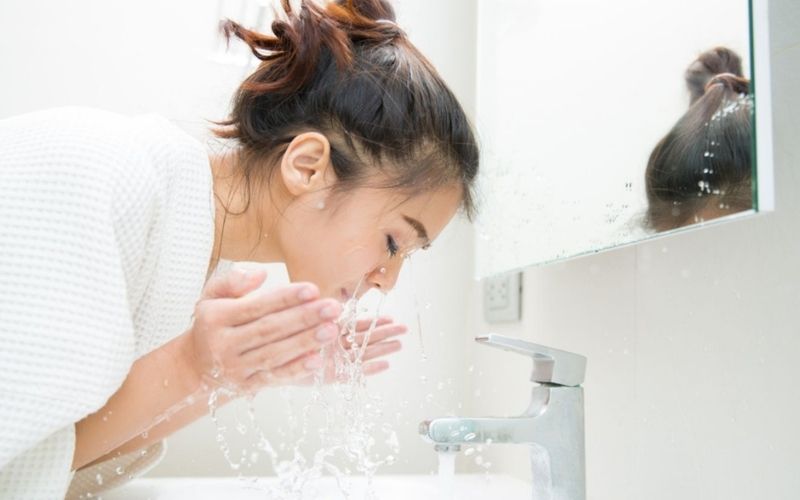 Clear your sinuses to prevent drooling
Clear your sinuses to prevent drooling
Sleep on your back, as recommended by Vinmec International General Hospital, to keep saliva in your mouth and prevent it from spilling out.
 Sleeping on your back can reduce drooling
Sleeping on your back can reduce drooling
Be mindful of medications like antibiotics and antipsychotics, as they can increase drooling.
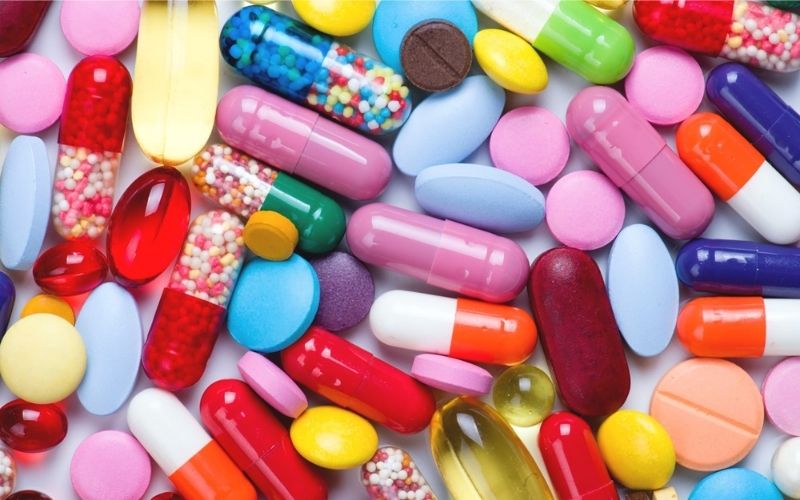 Certain medications can increase drooling
Certain medications can increase drooling
Avoid spicy foods and excessive chewing, as they stimulate more saliva production.
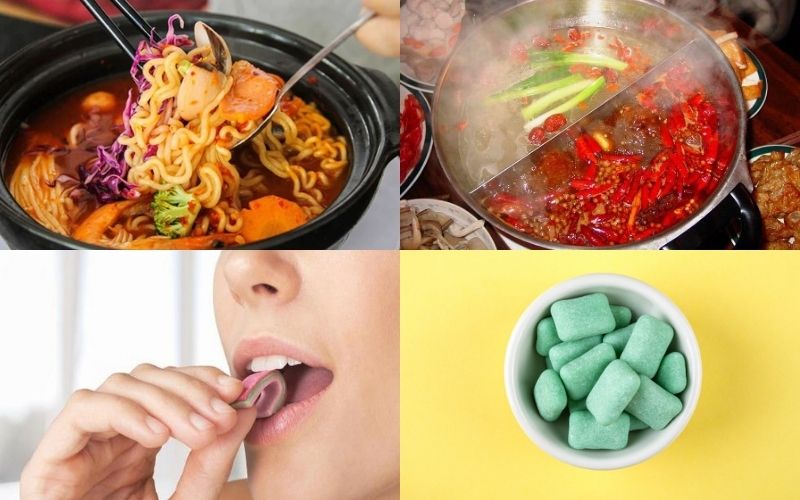 Spicy foods and chewing gum can increase drooling
Spicy foods and chewing gum can increase drooling
So, there you have it! The next time you see sour foods and start drooling, you’ll know why. But remember, if you’re drooling excessively, it could be a sign of something more serious. Stay vigilant and consult a doctor if you have any concerns. Wishing you and your family good health and happiness!
Source: Vinmec International General Hospital
Avoid these 5 times to shower, don’t harm yourself
Taking a shower at the wrong time can have serious consequences for your health and well-being. It is important to be mindful of when you choose to shower in order to maintain optimal physical and mental condition. Neglecting the timing of your showers can result in detrimental effects on your overall well-being, and even pose a threat to your life. Therefore, it is crucial to prioritize and schedule your showers to ensure they align with your body’s needs and promote optimal health. Don’t underestimate the impact that a well-timed shower can have on your well-being – it’s more than just a routine, it’s a vital part of your self-care regimen.


























